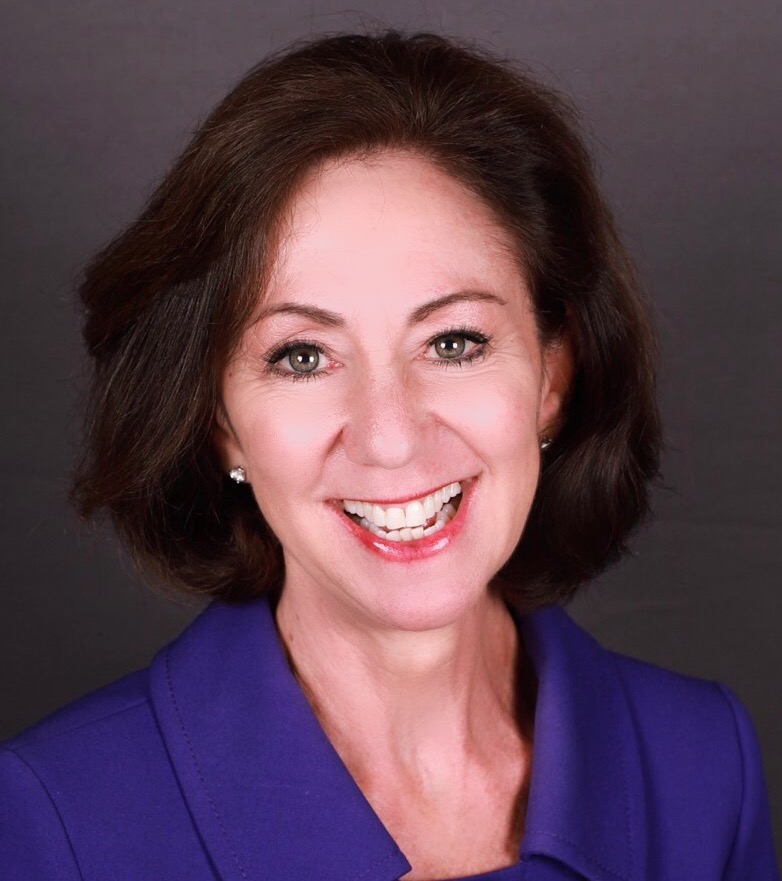I made it! A long, steep hike to the top of the mountain in the middle of the wilderness. I capture and post my accomplishment. The “likes” of my post affirm my accomplishment and me.
While some people memorialize experiences and adventures in social media posts, others focus on manufacturing them by seeking out the best selfie backgrounds and photo ops. Followers assume the instant in time captured on social media reflects their friends’ entire lives and they feel “less than” or grow depressed in comparison. If the post includes friends, those who were excluded experience “FOMO” or fear of missing out.
Absent in the posts are the backstories. My adventure to the top of the mountain began long before dawn. Bleary-eyed and tired before we began, I ate a hearty breakfast and dressed for the hike, taking care to look good too. As I drove to meet the hiking group at the trailhead by sunrise, I worried about the organizer’s warning that the hike is for fairly advanced hikers. Absent from the photo is my growing concern that the others would ascend at lightning speed, leaving me behind to navigate the forks in the path that would either take me to the summit or off trail to a place with no cell service. Absent from the photo is the pain my legs felt and the sweat on my face when I reached the top. With a shot of me in silhouette at the top, no one will be the wiser.
While social media allows us to share our lives, nearly unfiltered, most people carefully curate their online presence while avoiding “the rest of the story.” Colorful adventures are captured and posted; the not so pretty details are omitted.
Beyond the rich and famous, social media is a fast and easy platform for everyone to manage their image, present their lives in a favorable light, and seek affirmation through the number of followers and “likes” by appearing to look and live like a celebrity. While logic tells us that life is not always as carefree and exciting as it seems in other people’s online lives, it is hard to resist comparing our own, 24/7 real life, with the highlight reels we see posted online.
While “keeping up with the Jones” or social comparison is not new, social media provides everyone an opportunity to compare on a daily, if not hourly basis. Social comparison may serve to motivate or inspire or may cause unfavorable comparisons that may lead to envy and depressed mood. For people who use social comparison to evaluate their own lives, it can be hard to avoid feelings of insecurity, envy, and depression because it may seem that they are the only one with work to do, bills to pay, and chores to finish. It can feel like everyone else is “living the dream.”
Rather than getting caught up in the race for “likes” in the airbrushed world of make-believe, or carefully cropped views of others’ lives, there are ways we can spend time on social media and avoid negative feelings about ourselves and our lives.
1. Reality Check: Instagram captures only an instant in time. No one skips morning hygiene routines that include brushing, plucking, scrubbing, and wiping. Remind yourself that the rest of the day, which is not posted, is probably less attractive or perfect than the instant in time that is captured and posted for the world.
2. Dare to Not Compare. “Comparison is the thief of joy.” Theodore Roosevelt’s words are wise. Resist the urge to compare your real life to the curated version others post or the once-in-a-lifetime exotic vacation photos. A person’s real life cannot be fairly compared to a rare vacation or a cropped, airbrushed life of someone else. If you begin to feel bad because your life isn’t as exciting or beautiful as your friends’ online posts, return to tip number 1.
3. Set aside the technology and practice being present. Social media posts allow you to capture and share your life with others; it should not be your life. Don’t let social media become a constant distraction so that opportunities for joy and connection with others go unnoticed.
4. Capture real moments with friends, don’t manufacture them. If you are obsessed with the caption of a photo or a backdrop for a selfie while out with friends, you are probably not developing or experiencing friendships. Researchers at the University of Essex found that the mere presence of a cell phone at a table detracts from the quality of the interaction and relationships. Pocket the phone, stop racing for “likes,” and truly connect with friends.
5. Cultivate contentment in your life. Spend less time ruminating about the past or worrying about the future. Let go of trivial matters and identify reasons to be grateful. Volunteering and helping others also helps develop a sense of joy and contentment.
Rather than manufacturing life’s moments, measuring yourself by the number of “likes”, and getting caught up in a spiral of comparison, envy, and depression, remind yourself that the full story, the B side of the record so to speak, is rarely as pretty as the social media lives that many tirelessly curate. Time is better spent on developing yourself, nurturing real relationships, and being present for the experiences around you. Beyond New Year’s resolutions, developing healthy habits with social media are worthwhile. If healthy habits are not developed now, it will be even harder in the future when surrounded by human-looking robots that post selfies because robots never sweat and never experience a bad hair day.


